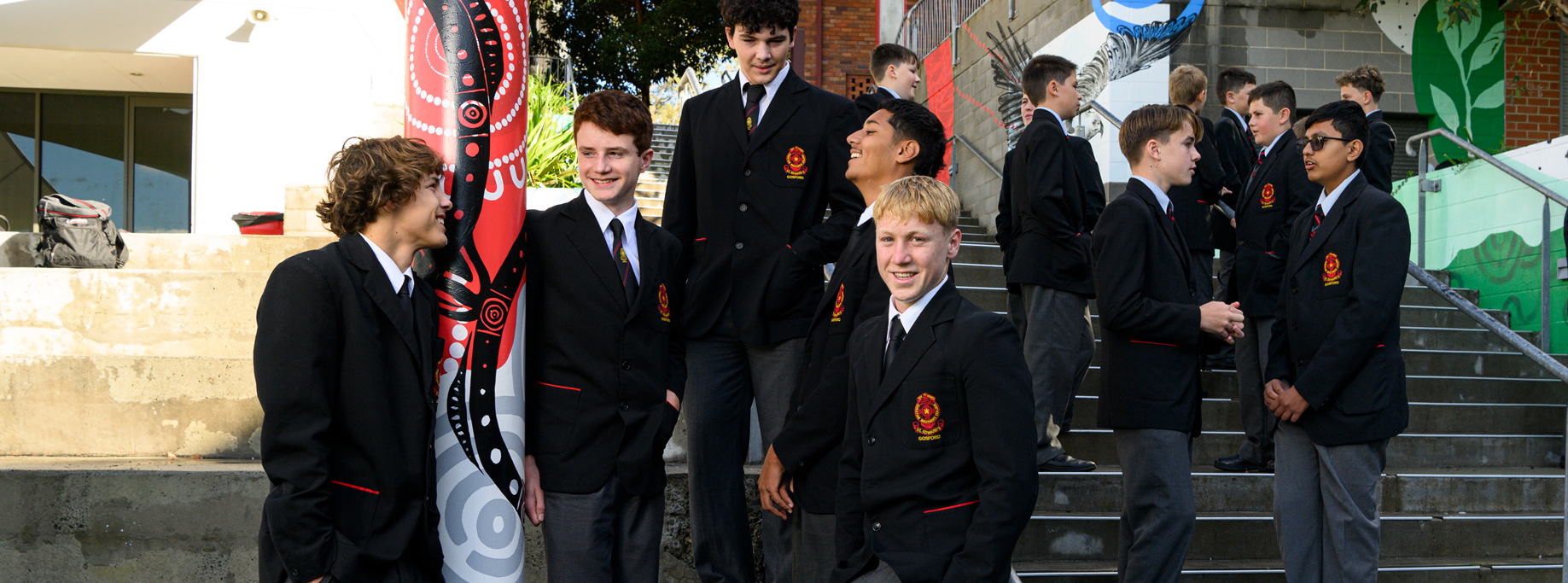
In the last few years there’s been a great deal of attention and resources directed toward teacher wellbeing, which is commendable. It’s not just teachers who need some TLC. Parents who spend a great part of their day looking after, caring for and worrying about kids also need to focus on their own wellbeing.
Here are some essential strategies that will help you last the distance in the parenting marathon.
Connect to Activities that Energise
Parents give up a lot for their kids including many of the activities, hobbies and friendship groups that bring them joy and add balance to their lives. The person first, partner second scenario common to most couples is tipped on its head when the first child comes along. Suddenly you’re a parent first, partner second and person last. Two or three kids and ten years later the order is still the same in most families. It’s not until kids leave home that many parents start to regain their own lives back. The advice is simple. Retain some part of your life while you’re actively parenting that gives you joy and sustenance. Guard it zealously and, if applicable, let your partner do the same.
Lead First, Manage Second
The world abounds with parenting books (including my own, guilty your honour!) encouraging parents to be better managers of behaviour, solvers of kids’ problems, promoters of kids’ mental health and more, often at the expense of the leadership capacities. Leaders focus on the bigger picture, that is, the family as a whole, while managers focus on individual children. The latter is tiring, while the former is liberating. Leaders look after themselves, delegate jobs and use modelling and teaching as core strategies.
Aim for Redundancy
The basic task for parents is to make themselves redundant, which starts in the early years. Teaching kids to tie shoe laces, cook meals, feed pets and the like takes time and energy. However, it pays off when children are capable of looking after themselves, allowing you to sit back, put your feet up and relax. Not exactly, as independence can bring headaches too, particularly with teenagers who frequently confuse independence with freedom. Even tackling that type of worry is preferable to getting kids off the couch because they are too dependent and fearful to leave home.
Raise Your Family as if it’s Large
If you’ve ever worried about the small, precise details of your child’s life then I suspect that you are raising a small family. It’s interesting how parents in larger families worry about different things than those in small families. Size creates perspective. I often ask parents with concerns about their children “Would you worry about this issue if you had six children?” Ironically, parents of families of four or more children generally find family life far easier than those raising one or two kids, as they don’t take personal responsibility for their children’s successes, failures and problems.
Conserve Energy – Argue Over Issues That Matter
Poor choice of clothes, wet towels left on floors and untidy bedrooms are typical of some of the minor things parents argue with kids about. Unfortunately, these minor skirmishes wear many parents out and sour goodwill. One of the best pieces of parenting advice I’ve received was to only battle with children over issues that matter such as poor treatment of a friend, mean-spirited behaviour and dishonesty.
Avoid Using Children as Benchmarks
The measure of your child is not another child, yet the temptation to keep an eye on another child’s progress, talents and character traits are ever present. In the short term, comparison can leave a parent feeling discouraged and dejected, especially if they have a late blooming child or one who has different strengths and talents to those in the mainstream. In the long term, comparison can be dispiriting for a child as they can easily feel that they never measure up. Each child has their own developmental clock and their unique strengths. You may have to dig deep to find them, but they will be there. Their strengths and talents may need some polish, which is part of the parenting job too.
Only Three Things Matter – Relationships, Relationships, Relationships!
The longer I’m involved in parenting both personally and professionally the more that I understand that building strong relationships with kids based on mutual respect, appreciation and understanding is at the heart of successful parenting. Loving and being loved are core to be human. Nothing provides the level of human connection more than being an accepted, appreciated member of a family.
Return to Newsletter






